Car or workplace accidents or falls can happen, no matter how careful you are behind the wheel or while working. Injuries from accidents can be mild to severe, depending on the type of accident you’re involved in. Pain, headaches, whiplash, broken bones, or internal damage are all possible injuries you could sustain. For the best and fastest recovery possible, therapy after an accident is a must.
For those requiring extra care after serious accidents, rehab therapies, including physical therapy ensure a fast, effective recovery. There are other benefits as well, including pain management and better quality of life. Nursing care may be required for individuals who need more hands-on treatment after an accident. For more information on the type of care after an accident, check out the following sections.
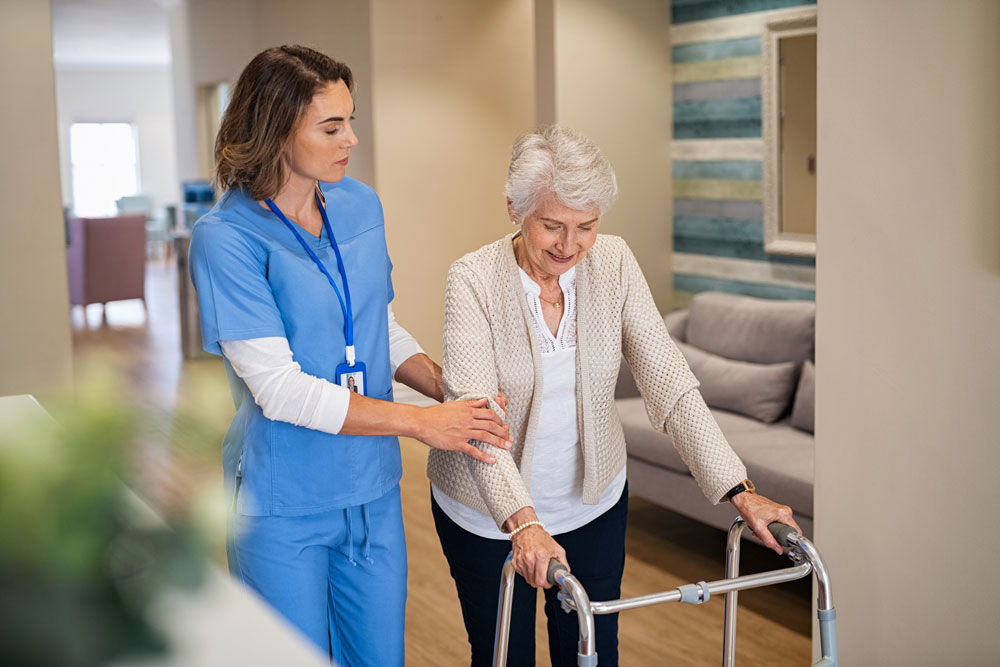
What is the Therapy After an Accident?
Therapy after an accident helps you recover from injuries and regain your independence. Physical therapy is one of the therapies you’ll likely require. It is designed to help you regain strength, flexibility, and mobility for a faster recovery.
Another benefit of physical therapy is reducing long-term damage. Such damage can include headaches or chronic pain. Starting physical therapy as soon as possible after your accident ensures such damage can’t take hold.
Surgery can even be avoided in some cases with physical therapy. If left untreated, some injuries can worsen, requiring more in-depth medical treatment. Following the advice of a physical therapist could eliminate this possibility, speeding up healing with less medical interference.
Accidents can reduce your quality of life, especially when serious injuries are involved. Physical therapy after an accident improves this issue, ensuring that you regain your independence and take control of your life. The endorphins released while exercising also boost your mood for a better emotional recovery while you improve your physical self.
Some individuals sustain nerve damage, causing tingling, numbness, or weak extremities. Brain trauma could also be part of the damage from an accident. Neurological therapy could be recommended to avoid permanent damage.
Massage therapy loosens those knots and soft tissue damage after an accident. It could also help with pinched nerves or inflammation, targeting trigger points for deeper relief.
Occupational therapy is tailored to each individual based on their abilities after an accident. Those who struggle with daily tasks may need to relearn how to do them. Such tasks can include dressing, bathing, meal preparations, and even leisure activities. Occupational therapy ensures you can care for yourself at home after an accident.
How do you mentally recover from an accident?
Many people don’t think a car accident can lead to mental trauma. Unfortunately, an accident or even a fall can cause higher levels of emotional strain than you think. Whether you’re the driver or a passenger, you could experience anxiety, depression, PTSD, sleep issues, or recurring nightmares. You may also avoid driving or fear future accidents when in a vehicle.
To recover mentally after an accident, therapy may be the best option. Therapy can help you process the events of the accident. It can also help you deal with any anxiety or stress to help you get back behind the wheel. You’ll also learn self-care, including proper nutrition, sleep habits, and exercise, to get you back to your routine.
This content comprises informative and educational resources only and can not be considered as a substitute for professional health or medical guidance. Reliance on any information provided in this article is solely at your own risk. If you have any inquiries or apprehensions about your medical condition or health goals, talk with a licensed physician or healthcare provider.


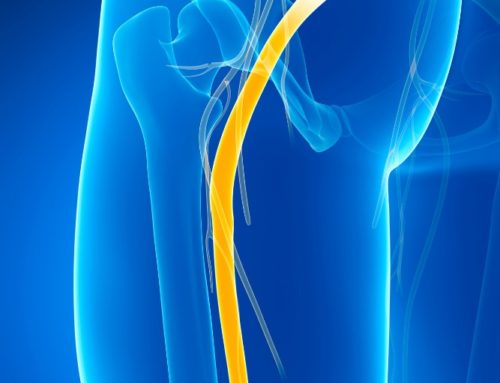
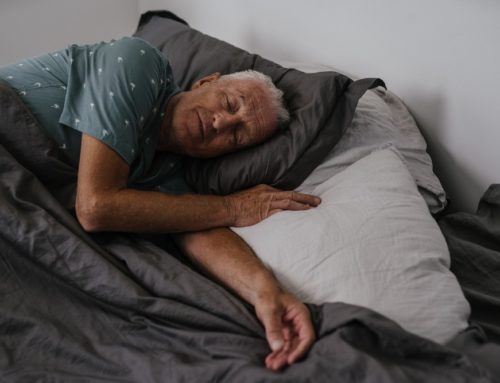
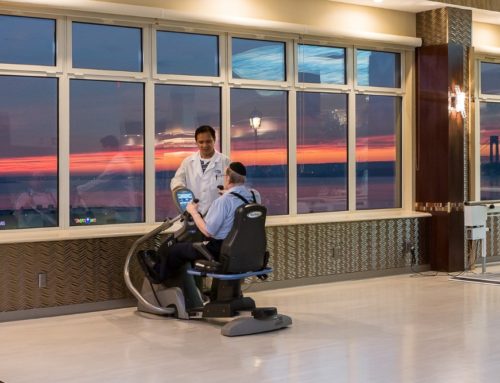
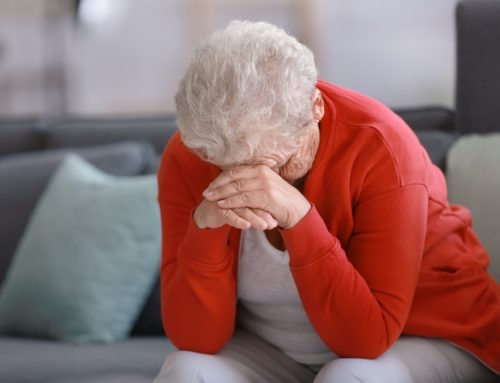
Leave A Comment